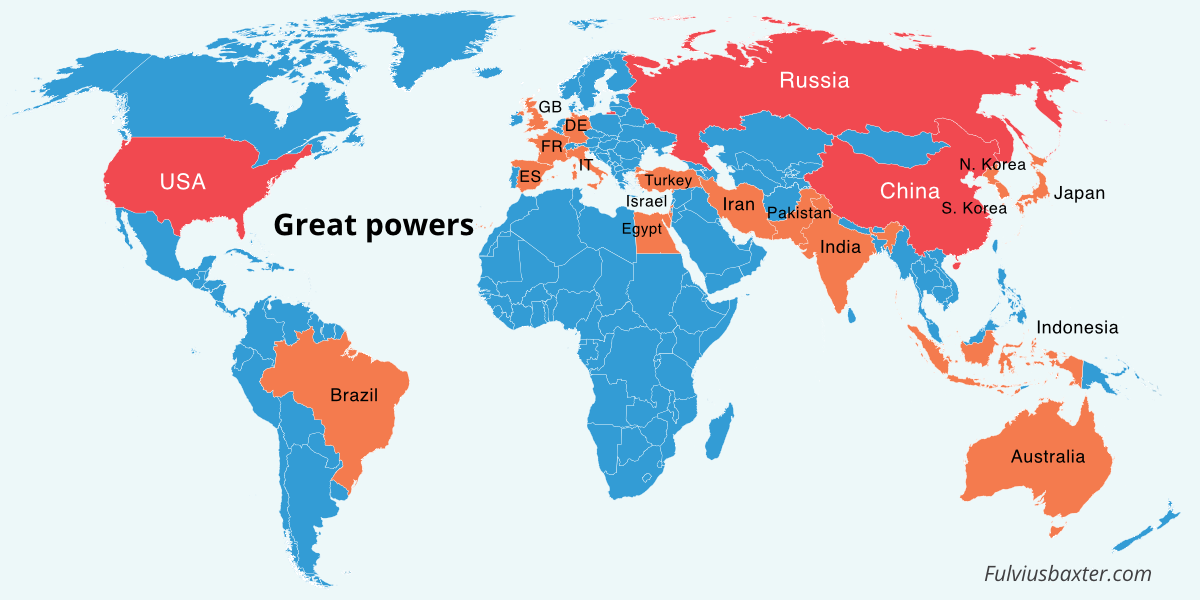 It’s time to think about the new Swedish gender reassignment law, which is controversial to say the least, as it will make it easier for minors to undergo gender reassignment surgery. Or that trans women will be allowed into formerly female rooms. The whole area is complicated, as it is not really possible to change gender: ovaries and testicles cannot be added, only removed. And the post-surgery genitals rarely function properly, but are mostly cosmetic, if at all. We don’t need to go into details, anyone with a bit of imagination and/or who is up to date on the subject will realise what problems these can lead to.
It’s time to think about the new Swedish gender reassignment law, which is controversial to say the least, as it will make it easier for minors to undergo gender reassignment surgery. Or that trans women will be allowed into formerly female rooms. The whole area is complicated, as it is not really possible to change gender: ovaries and testicles cannot be added, only removed. And the post-surgery genitals rarely function properly, but are mostly cosmetic, if at all. We don’t need to go into details, anyone with a bit of imagination and/or who is up to date on the subject will realise what problems these can lead to.
I want to return to the law itself, which will be passed by Parliament in the coming days. It seems that few people are behind it, not even the members of the Moderate Party are particularly united. And to make matters worse, this is hardly a moderate core issue that rests on the centre-right platform on which the party has positioned itself. It comes as a bit of a surprise.
In addition, we have had few or no discussions about the law during the election campaign. If something important is to be passed, you have to raise the issue with the voters, and incorporate it into the long-term strategy or as an election promise.
So now we have a law that the people did not vote in favour of and that the members have doubts about. And, yes, there are probably higher powers that want to push it through. I am aware of that, but we can leave that aside, as it was mentioned earlier.
But we have to note how undemocratic the process of the Gender Recognition Act is.
There is not an ounce of democracy in this. The fact that the people have voted some parties into power for four years does not mean that the parties can do whatever they want during this period. Elected representatives inventing their own agenda during their term of office is not compatible with democratic traditions. It is more akin to despotism or dictatorship. The work of parliament and government must always be rooted in the people, either ideologically or through information during the election campaign.
As an example, it is not surprising that a right-wing party reduces taxes, it is completely in accordance with their ideology, promises and party programme. However, if they want to raise taxes, they have to get the support of their voters and members, as they go against their own ideas. It may be a crisis, temporary economic problems, etc., and the supporters may even be lenient, but the measure must be communicated. The same goes for a very strange gender identity law that is not even established by medical experts. We can’t have a society where politicians are pushing their own agenda with no support from the electorate. This is serious, much more serious than many people realise. Today dictatorial behaviour does not come from outside, from threatening groups with a despotic agenda, but from within.








